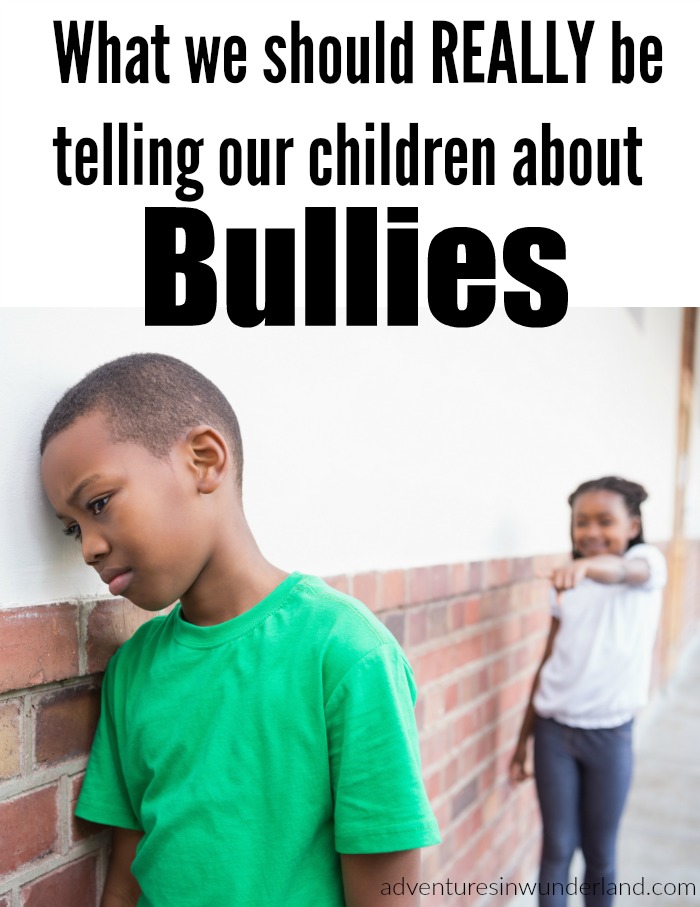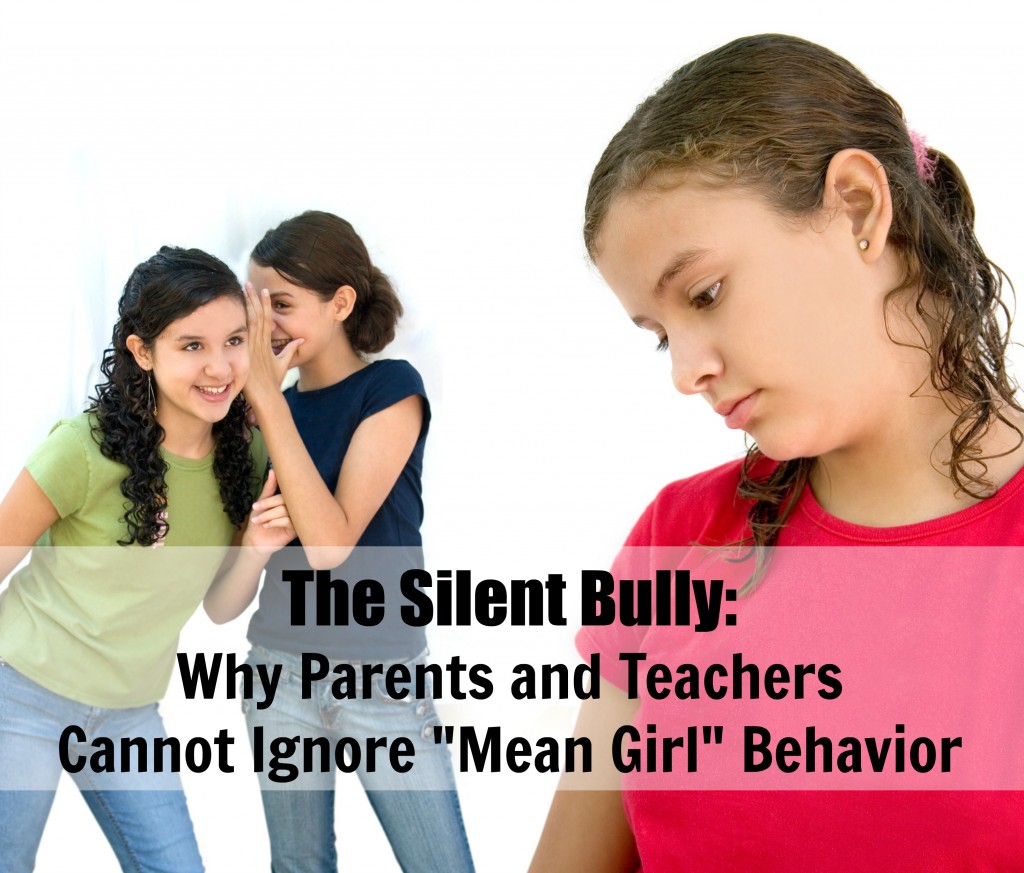Your son comes home from school and tells you that the same kid is pushing him down every day when he’s playing at recess. Your daughter is in tears because the girls tell her she can’t sit with them, that she can’t play their game. They are being bullied and they are upset. As you listen to them recant their stories your blood begins to boil, your inner mama bear is coming out and you have your hand on the phone to call the school faster than you can dry their tears. Those bullies are not going to get away with this!! Sound familiar?
Statistics show that 28% of children in grades 6-12 have been bullied, an astounding 70% of children of the same age have seen bullying – yet only 20-30 % of children being bullied actually notify an adult. It is very likely that your own children have seen bullying taking place on the playground or they may have even been subjected to it themselves.

I experienced this myself, for years. I dealt with mean girls, evil pranks, threats, and even vandalism. The schools did nothing. Thankfully schools now pay closer attention to this type of behavior than they did 20+ years ago. And thankfully I had a parent that talked me through this. I had a parent that told me exactly what I needed to hear when I had been a victim. I was able to understand.
As parents we always want to protect our children, so when we hear that they have been wronged our first reaction may be anger. We are angry at that other child, and we usually want that child to be punished. We may say things about them, not very nice things. We may call the school and demand that they be suspended or miss out on recess or any other type of consequence that they deem necessary.
Now, parents and teachers absolutely need to intervene when they see bullying taking place. But once you have intervened, and stopped the incident, then what? What do you do after the fact? What do you do when your child comes home in tears? What will you tell them when they are still hurting? What will you tell the bully victim as you watch their confidence deflate and you see their happy smiles turn to depression and sadness?
Chances are you will want to tell your children that those kids aren’t nice. That they are mean, horrible children for doing that to them. Fight or flight. Our parenting instincts kick in and we want to fight for our children. But maybe there is more to it than that. There is something you can do for your children that will help them to cope, to understand. What you tell them about bullying can make a world of a difference to them.
Those children that feel the need to bully other children – the ones trying to make other children feel horrible – the children that are inflicting pain on others at school. Often times, those children are in pain themselves. They have been taught to view violence in a positive way. Through learned behaviors they may have taught that negative attention is the only kind that they are going to get. They may be trying to make themselves feel better by putting someone else down. They may need to feel powerful because they are powerless at home. They are likely depressed or have low self-esteem. They might be having issues at home or be lacking parent involvement.
Does this make their behavior ok? No. But more often than not, these children don’t have anyone around to teach them how to behave appropriately. They are reaching out, looking for attention – for validation, in any way that they know how.

So what are we to do? What are we to tell our children when they come home from school in tears. What do we tell our children when they don’t understand why someone would treat them this way?
What we should really be telling our children about bullies is the truth. We should be telling them that the bully is hurting. We should be telling them that the bully is sad and that they might not be getting enough love at home. We should be telling them that the bully wasn’t taught how to be a good friend. We should teach our children to stand up for themselves and for their friends. To always do whats right no matter what. And most importantly we should be telling our children to love and to be kind.
Teaching our children the truth about bullies will help them to understand. It will help them to know it isn’t their fault. And it will help them to break the cycle of behavior.
MORE ON DEALING WITH BULLIES:
Mean Girls: How they effect our children


Leave a Reply